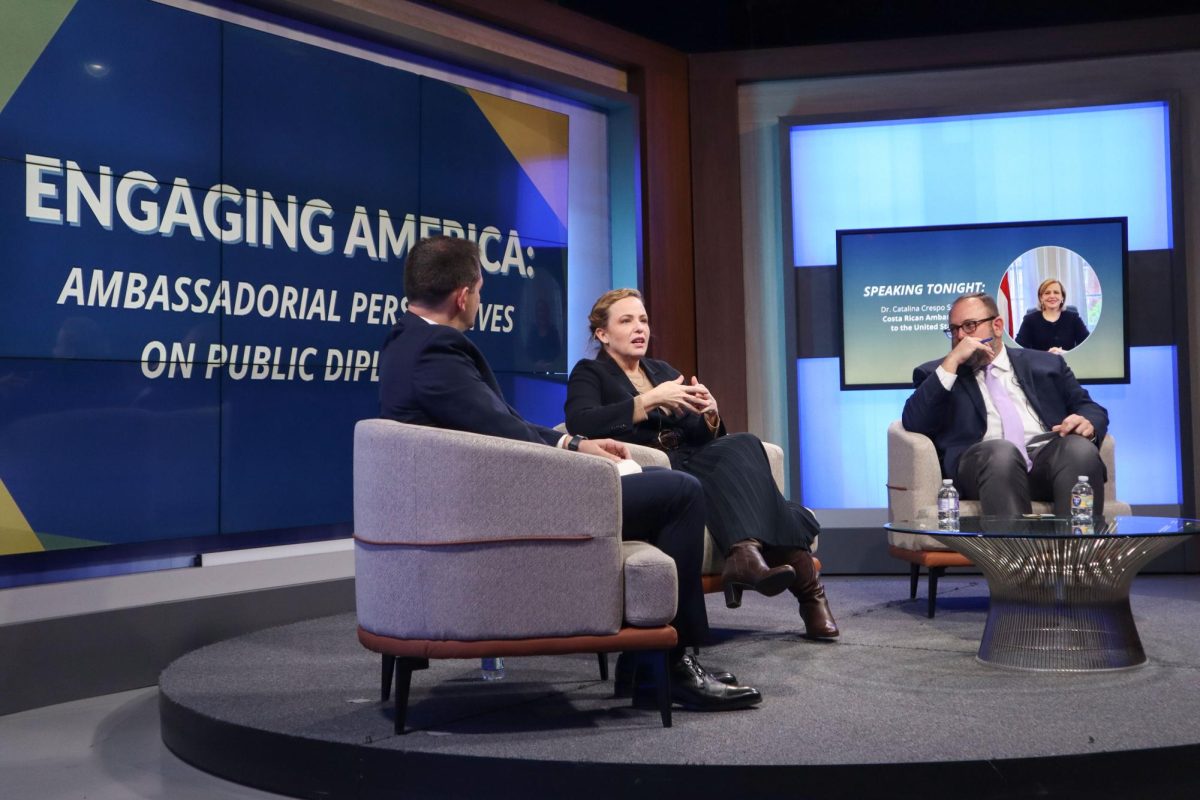The National Labor Relations Board set June 28 through July 1 as dates for GW Hospital nurses to vote on a prospective union.
Ed Smith, the executive director of the District of Columbia Nurses Association, said Wednesday that officials will hold the union vote in the executive offices boardroom at GW Hospital, and that nurses will need to provide their names to demonstrate their eligibility before voting by secret ballot. Nurses said with more negotiating power, they hope to see improved patient-to-nurse ratios informed by the seriousness of patients’ afflictions to protect patient safety.
The DCNA first filed a union election petition on behalf of 750 GW Hospital nurses March 15 and went on to file four unfair labor practice complaints — reorganizing the charges into two cases in April — in response to allegations of anti-union actions from hospital management. Eight council members and D.C. Council Chair Phil Mendelson signed a letter to GW Hospital CEO Kimberly D. Russo May 16 that requests officials allow nurses to hold a “fair and free” union vote and refrain from illegal conduct that may dissuade nurses from unionizing.
“It’s time for nurses to be represented at the tables where decisions are made,” reads a GW Hospital nurses’ Instagram post Friday announcing the election dates.
Smith said Sen. Bernie Sanders (D-Vt.) met with him and five nurses Tuesday to discuss the nurses’ reasons for unionizing and staffing difficulties.
“I’m proud to stand in solidarity with 750 [GW Hospital nurses] who are joining together, forming a union, and fighting for better working conditions and patient care,” reads a Tweet from Sanders’ account.
DCNA Staff Attorney Kenneth Page said GW Hospital or DCNA can challenge the eligibility of roughly 60 employees’ votes. He said DCNA will be officially certified as the nurses’ representatives if the union wins the election by a margin greater than the number of challenges.
GW Hospital did not immediately return a request for comment on whether they planned to challenge the eligibility of any employees who may vote.
Page said in May that hospital management removed pro-union signage, put glass frames over bulletin boards in the hospital to prevent union representatives from posting material and held meetings where they dissuaded nurses from unionizing.
Page said without space to advertise the union inside the hospital, union organizers began advertising the benefits of unionizing in chalk art, with slogans like “Patients Over Profits” on the pavement outside the hospital and flyers posted near the Foggy Bottom Metro station. Smith said after someone in Sanders’s office saw the chalk art outside the hospital, they reached out to schedule a meeting.
Page said union representatives table outside the hospital to answer any questions nurses might have three times per week.
Page said one of the refiled cases contests the hospital’s “unfair dismissal” of registered nurse Angelo Estrellas, which DCNA claimed in a March release was because of his involvement in organizing a union at the hospital. A petition to reinstate Estrellas has more than 2,300 signatures as of Wednesday.







